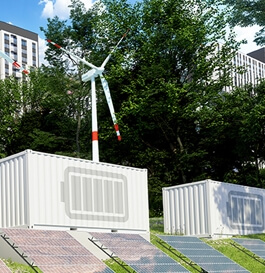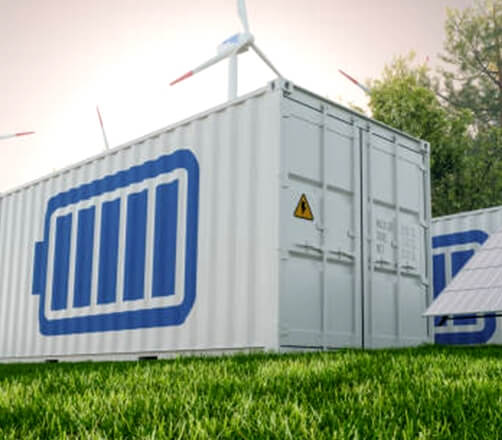Off Grid Solar System
Off-Grid Solar Solutions
Welcome to our Off-Grid Solar Solutions page! Here, you will find comprehensive information about our specialized services designed to help you harness the power of the sun, even in remote locations.


Whether you’re looking to power your home, business, or an entire community, we have the expertise and products to make your off-grid solar system a success.
Our Services
Custom Off-Grid System Design
Every off-grid project is unique. Our team of expert engineers will work closely with you to design a custom solar solution that meets your specific energy needs. We take into account your location, energy consumption, and budget to create a system that ensures maximum efficiency and reliability.
High-Quality Solar Panels
We offer a wide range of high-quality solar panels that are designed to perform in diverse environmental conditions. Our panels are durable, efficient, and backed by comprehensive warranties, ensuring you get the most out of your investment.
Energy Storage Solutions
Reliable energy storage is critical for off-grid systems. We provide advanced battery storage solutions that allow you to store excess energy for use when the sun isn't shining. Our storage systems are scalable and can be customized to fit your specific requirements.
System Installation
Our experienced installation team will handle all aspects of your off-grid solar system setup. From mounting the solar panels to connecting the battery storage and ensuring all components are working seamlessly, we manage the entire process with precision and care.
Maintenance and Support
We offer ongoing maintenance and support services to ensure your off-grid solar system continues to operate at peak performance. Our maintenance packages include regular inspections, performance monitoring, and prompt troubleshooting to address any issues that may arise.
Remote Monitoring
Stay connected to your off-grid solar system no matter where you are. Our remote monitoring solutions provide real-time data on system performance, energy production, and consumption. You can access this information through our user-friendly mobile app or web portal.
FAQ's

One major drawback of an off-grid solar system is the need for battery storage to provide power when solar generation is low or at night. Batteries add to the initial cost, require maintenance, and have a limited lifespan.
The cost of an off-grid solar system varies widely based on factors such as system size, location, quality of components, and installation complexity. Typically, costs can range from several thousand to tens of thousands of dollars.
- The choice between on-grid, off-grid, or hybrid depends on individual needs and circumstances:
- On-grid systems are simpler and cost-effective but don't provide backup during power outages.
- Off-grid systems offer independence but require larger initial investments and careful energy management.
- Hybrid systems combine the benefits of both, providing flexibility and backup power.
The lifespan of an off-grid solar system varies based on the quality of components and maintenance. Typically, solar panels can last 25 years or more, while batteries may need replacement every 5-15 years.
Off-grid solar systems are advantageous in remote areas without reliable grid access or where independence from utility companies is desired. However, they require careful planning, maintenance, and higher initial costs.
- Yes, off-grid solar systems require inverters to convert DC (direct current) electricity generated by solar panels into AC (alternating current) electricity used in most household appliances.
Challenges include high initial costs, limited battery storage capacity, dependence on weather conditions for solar generation, regular maintenance of batteries, and the need for energy efficiency to manage power consumption.
- The choice between grid-tie and off-grid depends on factors such as location, energy needs, reliability of grid power, and budget:
- Grid-tie systems are simpler and often more cost-effective, providing savings through net metering.
- Off-grid systems offer independence but require more upfront investment and ongoing maintenance.
- Disadvantages of solar energy include:
- High initial costs for equipment and installation.
- Dependence on sunlight, which varies with weather and location.
- Energy storage challenges (for off-grid systems) with batteries.
- Impact on the environment during manufacturing and disposal of solar panels.
- MPPT stands for Maximum Power Point Tracking. It's a technology used in solar charge controllers and inverters to maximize the efficiency of solar panels by continuously adjusting the electrical operating point to extract maximum power from the panels under varying sunlight conditions.
